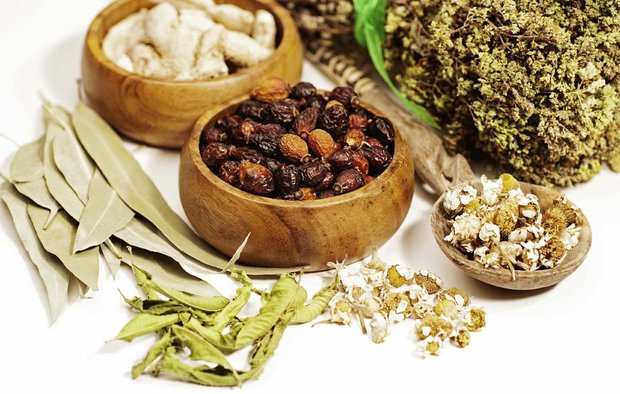Amir Houman Kazemi, Advisor for International Affairs at the Faculty of Traditional Medicine, said a group of students from Austria will come to study in Iran following an agreement reached in a joint meeting between Tehran University of Medical Sciences and traditional medicine experts in Austria.
Noting the expansion of educational cooperation between Iran and European countries in an effort to universalize Iranian medicine, Kazemi added, “In the past few months, we have held joint meetings with traditional medicine experts from China, South Korea, Spain and Austria.”
“We will implement transfer programs with traditional medicine professors from Austria and Spain in the next few months,” Kazemi said, continuing, “We have also launched a round of cooperation with traditional medicine academies in China and South Korea.”
Kazemi went on to add, “Soon there will be further cooperation with regional countries such as Tajikistan, Iraq and Afghanistan, which have more cultural common ground with Iran.”
“Certain topics hold special interest for other countries, such as Avicenna’s [Ibn Sina’s] principles of traditional medicine, indigenous herbal medicines, as well as the ability of Iranian medicine in assisting world nutrition and lifestyle,” he said.
In February, two Iranian traditional medicine workshops were held in Austria for the first time, with the aim of introducing traditional medicine to western physicians and pharmacists, as well as resident Iranian physicians.
In Iran, more than 80% of traditional medicine ingredients are herbal, with less than 20% coming in animal and mineral forms. There are currently 20 official traditional medicine centres in Iranian medical science universities, which are regulated by the Health Ministry.
